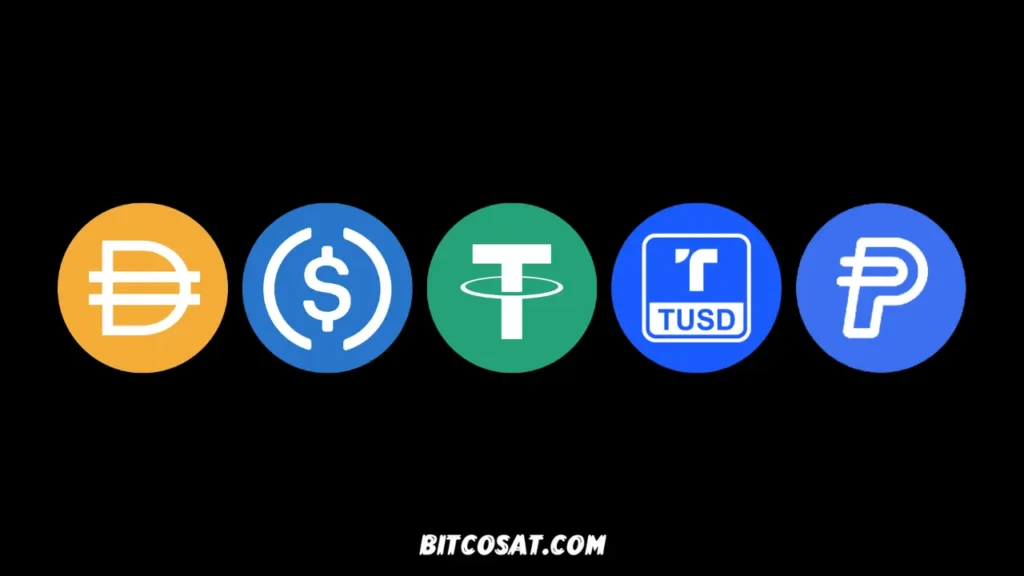Standard Chartered Group has warned that the rapid rise in the use of dollar-pegged stablecoins, driven by US President Donald Trump’s pro-crypto policies, could result in nearly $1 trillion in bank deposits in emerging economies being wiped out over the next three years.
According to the bank’s estimates, approximately 99% of the world’s stablecoins are pegged to the US dollar, effectively making them equivalent to dollar-denominated savings accounts. This is of interest to individuals and businesses in countries experiencing recurring currency crises.
The report indicated that fears of eroding domestic savings will push individuals and institutions in emerging markets to prefer holding their funds in stablecoin portfolios rather than traditional banks.
The report stated: “We estimate that approximately $1 trillion could flow from banks in emerging markets to stablecoins over the next three years.”
Although new US crypto legislation seeks to limit deposit flight by prohibiting licensed stablecoin issuers from offering direct returns to depositors, which are equivalent to interest on bank accounts, Standard Chartered believes emerging market populations will continue to embrace them.
The report explained that “preserving capital is more important than generating returns,” predicting that savings deposited in stablecoins in developing economies will rise to $1.22 trillion by the end of 2028, compared to approximately $173 billion currently.
Despite this sizeable figure, bank analysts assert that it represents only 2% of total bank deposits in the 16 countries most vulnerable to this type of capital flight.
These countries include Egypt, Pakistan, Bangladesh, Sri Lanka, Kenya, Morocco, as well as major emerging economies such as Türkiye, India, China, Brazil, and South Africa.
The report concludes by stating that “most of these countries—except China—suffer from dual budget and current account deficits, making them more vulnerable to fluctuations in global risk appetite and sudden declines in the value of their national currencies.”

